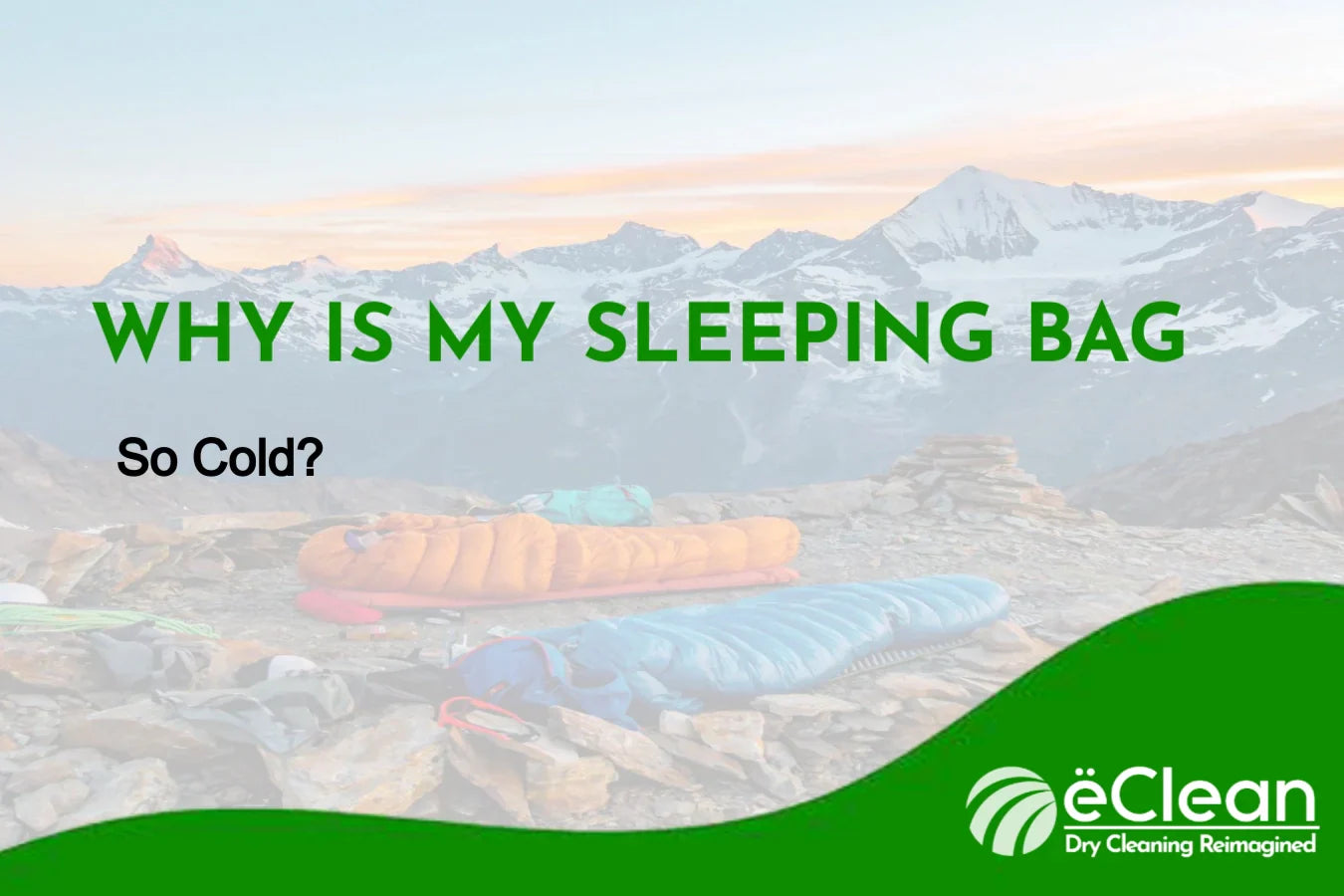Your Cart is Empty

When we set out to develop a green CO2 dry cleaning solution, we committed to providing a 100% eco-responsible and sustainable dry-clean service. Our efforts led us to a partnership with Stormy Kromer, a well-known and respected manufacturer of high-quality outdoor gear. This partnership is a perfect match as both companies share a commitment to quality and sustainability. In this article, we will dive into the story behind Stormy Kromer and why we partner with them.
Stormy Kromer was founded in 1903 by George "Stormy" Kromer, a railroad engineer who was tired of losing his hat while working in windy conditions. He designed a unique hat with ear flaps that could be tied up or down depending on the weather. The hat became popular among his fellow engineers and soon others were asking for one.
In 1922, Kromer partnered with a local businessman and started producing the hats on a larger scale. Today, Stormy Kromer is still a family-owned business and continues to produce the iconic hats along with a variety of other outdoor apparel and accessories.

One of the things that sets Stormy Kromer apart is their commitment to American-made products. All of their products are designed and manufactured in Ironwood, Michigan, using locally sourced materials whenever possible.
The manufacturing process involves a combination of traditional and modern techniques to ensure the highest quality products. For example, the hats are still made using the same six-panel construction that Kromer originally designed over 100 years ago.
In addition, the wool for the hats is sourced from sustainable partners like Bemidji Woolen Mills of Bemidji, MN who focuses on reducing waste and recycling textiles.

When we met Stormy Kromer at an Outdoor Retailer show, we were looking for sustainable companies to connect with that would resonate with our brand. After talking with the company a bit, we discovered that their customers struggled to find viable cleaning solutions for their products due to the natural wool fibers.
For long-lasting apparel, wool cleaning isn't easy. As a result, Stormy Kromer products used to be notoriously tough to clean. In fact, there were some products that were labeled dry clean only because normal washing can lead to damage. That’s where we came in. We offer a gentle, eco-friendly apparel cleaning solution for Stormy Kromer customers and the best part is: it’s affordable too! We showed them that there was a better way and have been helping Stormy Kromer customers keep their caps, jackets, and more clean since 2020.
Flash forward to today, Stormy Kromer cap cleanings are among our most popular services with 19 5-star rated cleanings and growing. Our favorite part of Stormy Kromer cleaning is hearing the stories of the families that are brought together by our service.
For example, this testimonial from Debrai B.:
“My husband loved his hats. Now his grandchildren have clean ones to remember him by.”
At eClean, we are committed to providing people, brands, and manufacturers alike with high-quality, sustainable cleaning solutions. We believe that our partnership with Stormy Kromer aligns perfectly with this mission. By offering Stormy Kromer cleaning, we are able to provide our customers with the perfect solution to their well-worn wool problems. We also appreciate Stormy Kromer's commitment to sustainability and their use of locally sourced materials.
In conclusion, we are proud to beStormy Kromer's brand recommended cleaning partner- anything from Stormy is something we can get back to 'good-as-new' after it's been worn in. We believe that our shared commitment to quality and sustainability, along with the value we provide to customers will make this partnership a long-lasting success.

Has your trusty sleeping bag started to get a little too cold for mountain & winter use, or are you just noticing that it's not feeling the same as it did when it was new? It's a frustrating experience that can leave you longing for a good night's sleep.
In this article, we dive into the reasons behind insulation loss in sleeping bags, specifically focusing on down-filled ones. We'll explore the science behind the properties of down, the impact of washing machines, and common causes for reduced insulation.